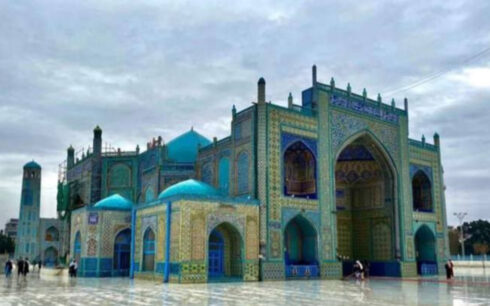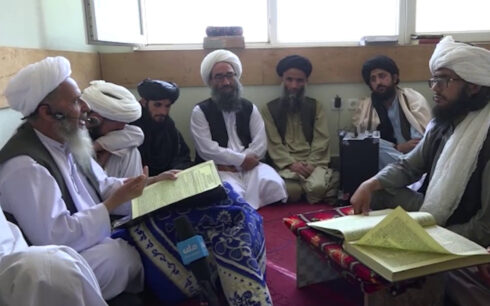A detailed report, “Leadership in Adversity: Women-Led Organizations’ Strategies for Effective Advocacy in Afghanistan,” examines how women-led organizations have adapted their strategies to advocate for women’s rights under oppressive conditions following the Taliban’s return to power.
Authored in collaboration with the Women’s Voice and Leadership in Humanitarian Settings (WHS) project, the report highlights efforts by Women-led organizations both inside Afghanistan and in the diaspora to sustain advocacy, amplify women’s voices, and secure resources amidst severe restrictions.
The report notes significant progress in women’s rights prior to August 2021, driven by increased recognition of women’s roles in decision-making and the emergence of women-led organizations advocating for gender equality. This progress was bolstered by international initiatives, which enhanced the capacities of Afghan women leaders to champion their causes.
However, the Taliban’s return to power reversed these gains, introducing “harsh limitations on women and their participation in public life, creating a hostile environment full of threats and violence,” the report states.
According to the report, the Taliban’s restrictive environment has forced women-led organizations to shift from public advocacy to community-level initiatives. The report explains that many Women-led organizations have incorporated their advocacy into humanitarian projects, often including livelihood or income generation components to address women’s immediate needs while maintaining their efforts discreetly.
Despite decreased international support, women-led organizations have leveraged their resilience to continue operating. They have adopted global advocacy strategies to amplify Afghan women’s voices and secure resources. The report highlights that “women-led organizations found new platforms for communication and outreach” using tools like Zoom, X (formerly Twitter), and Microsoft Teams to sustain their efforts.
Women-led organizations have expanded their advocacy to the international stage. The report cites September 2024 as a key moment when Canada, Germany, Australia, and the Netherlands announced plans to file a complaint against the Taliban at the International Court of Justice under the Convention on the Elimination of All Forms of Discrimination Against Women (CEDAW). This achievement resulted from coordinated efforts by Afghan women-led organizations, both inside the country and in the diaspora.
The report further notes that consultations with over 2,100 Afghan women and activists have informed international advocacy, ensuring that the realities faced by Afghan women are reflected in global initiatives.
The report identifies significant challenges, including limited digital literacy among grassroots Women-led organizations and a lack of access to technology, which restrict their ability to engage with international stakeholders. Additionally, Women-led organizations often face exclusion from decision-making platforms concerning Afghanistan at the global level, coupled with insufficient flexible funding for local initiatives.
The report emphasizes the critical role of women-led organizations in sustaining advocacy efforts despite oppressive conditions. Coordination between Women-led organizations in Afghanistan and the diaspora has improved, enabling collective action and increased participation in international events. “The WHS project has empowered cohort members to actively participate in advocacy, establishing themselves as credible sources of support for women and girls,” the report highlights.
The report concludes with a call for increased global support for Afghan women-led organizations, stressing the need for flexible funding and their meaningful inclusion in decision-making processes. It highlights the ongoing resilience of Afghan women leaders, who continue to adapt their strategies to ensure their voices are heard in the face of adversity.
By documenting these efforts, “Leadership in Adversity” underscores the unwavering determination of Afghan Women-led organizations to advocate for women’s rights and address the humanitarian and gender crises their country faces.





